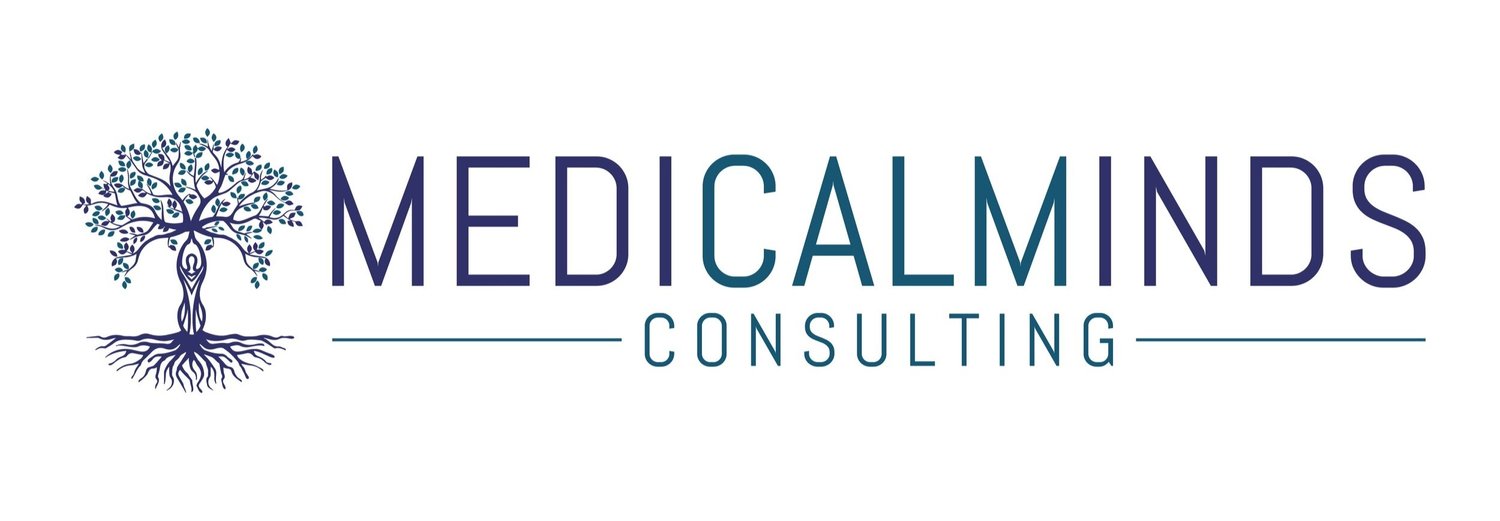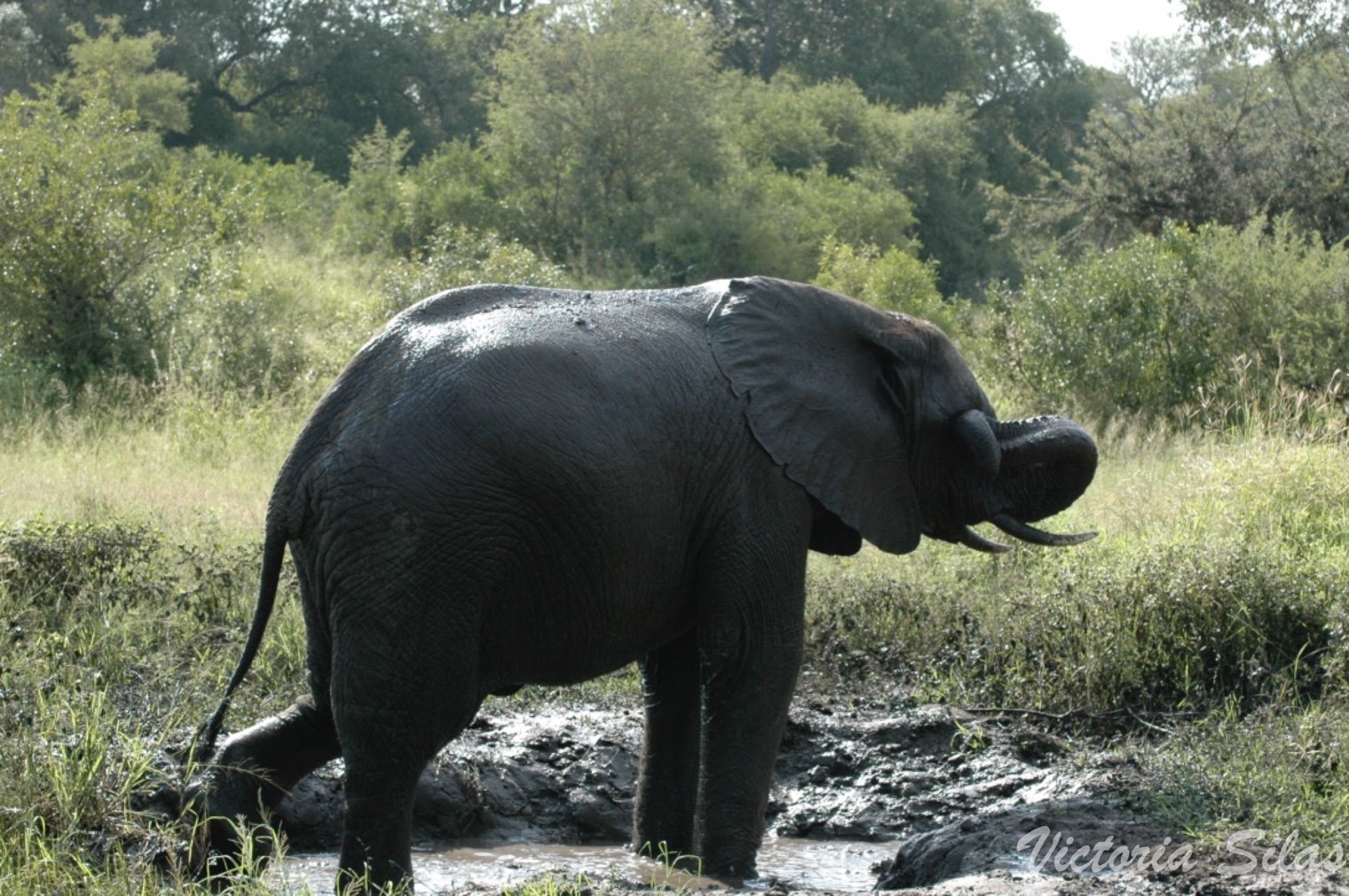Where Are Your Communities?
People frequently ask me what I miss since I stopped practicing medicine nearly 4 years ago. The answer is remarkably simple and easy, yet I hadn’t anticipated it before the change.
I miss working as part of a team. I miss working with the operating team to care for patients, and on the floors or in the office. I miss being part of the Medical Executive Committee and helping doctors practice within the hospital and assisting the hospital function better for the good of our patients and physicians.
There is a myth in America and medicine of the cowboy. The lone actor who rides in and solves all the problems. They have all the answers and are indefatigable. But the reality is that no one delivers care without the contribution of others.
The role of these others seems to be downplayed in training, even as you work as a team of learners, teachers, doctors, and students. Even here where the pressure to “know everything” is applied, you are never acting alone. But the pressure remains because one day “you’ll be out in practice, on your own”.
Except you’re never on your own, and if you’re lucky, you don’t feel alone either. You have colleagues and good friends. You have team members who are integral to being able to do your job.
And yet, while I identify working as a team as what I miss, it’s actually the sense of being part of the operating room community, the pediatric orthopedic clinic, the larger orthopedic community, and the hospital community.
A team comes together for a specific task. But a community shares values, purpose, and goals.
While it’s true that the team members may change, all the team members are part of this bigger community with a shared purpose to deliver the best care possible to the patients of that operating room, floor, clinic, or hospital system.
That shared vision brings team members together in a way that is beyond the immediate day or shift.
The community is built and strengthened over time with the assistance of the managers or hospital staff but it is also entered into by every member who is committed to participating.
These communities exist before you get there and go on after you leave. You can join or hold yourself back, but the community will support you even as it challenges you to learn, grow and improve. The ideal communities make the good times great and the bad times better.
That was my experience with residency. I honestly do not know how I would have made it through that period without my fellow residents (and a few attendings). I’ve been very lucky, as a woman in orthopedics, to always feel supported in the communities I’ve been a part of in my times in practice. For this, I will be eternally grateful.
It is this sense of common purpose and shared values that I miss participating in daily. Although I have my own sense of purpose and values as I work in my coaching practice.
And I do have a sense of community as I was lucky enough to belong to more than the communities associated with my job. I actually have several other communities, both big and small, that I was a part of before I stopped working in medicine.
It would have been so much harder to make that transition without the ongoing support of my other communities. And of course, I retained some of the medical communities I had belonged to while working.
It has also taught me to reach out and actively participate in those communities because the passive acquisition of showing up to work and having a ready-made community is no longer available to me. And feeling part of that community also requires more conscious effort than it did.
So, if you have a big transition in your life, I encourage you to look at what communities you are currently involved in, and which are likely to change as your transition takes place. We need the support of others during these liminal times more than ever, because our very identity is changing, like the ground beneath our feet.
























